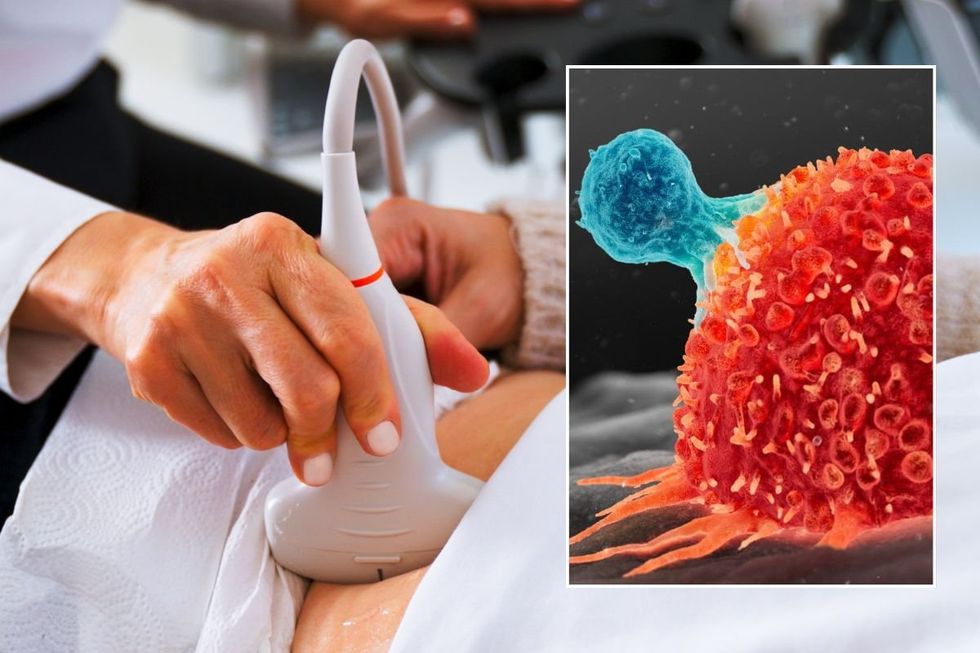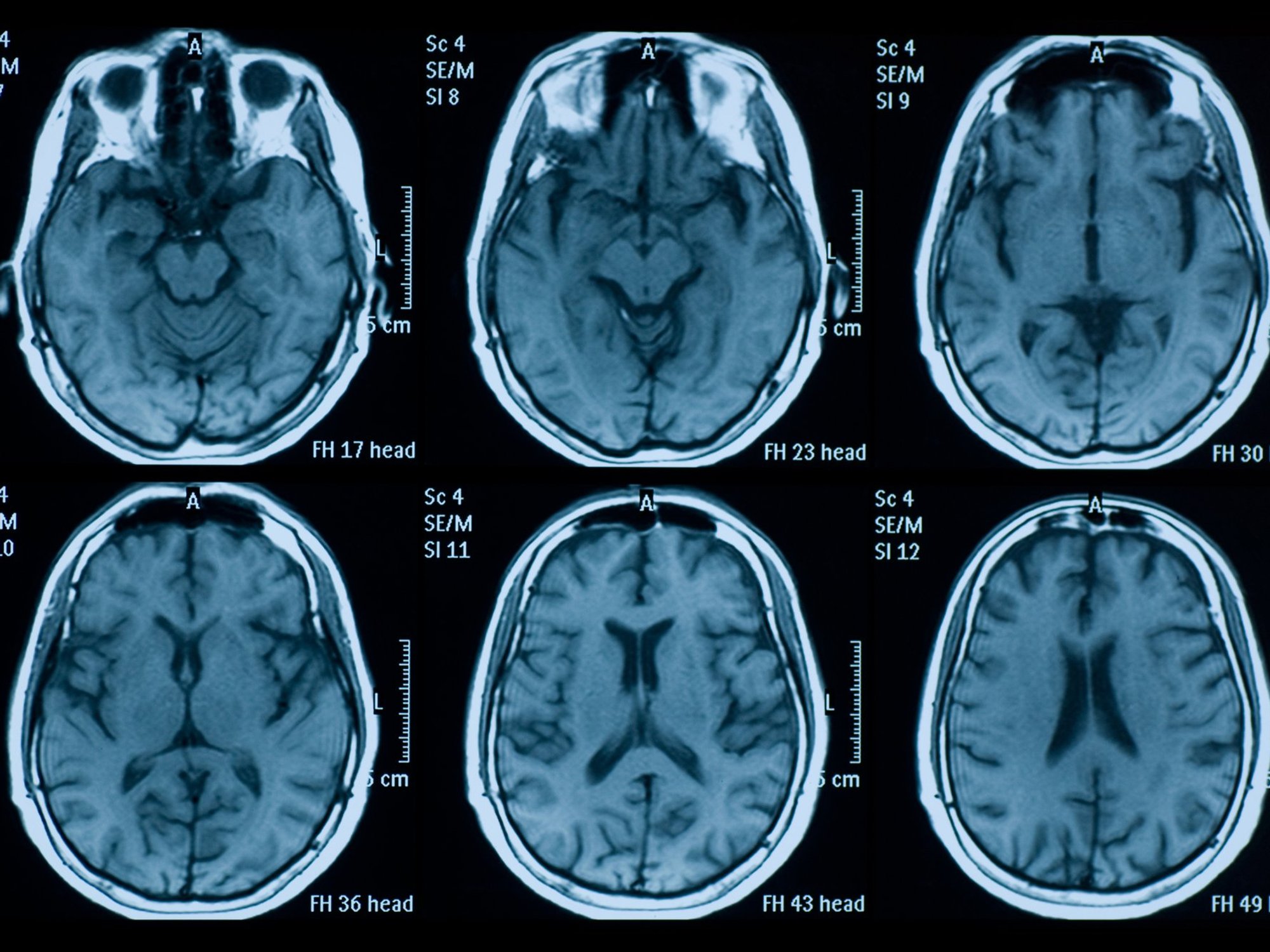Colon cancer warning: The foods rocketing your risk of the disease by up to 58% - new study

WATCH NOW: NHS Scotland launches AI trial to help detect lung cancer and strokes in X-rays
|GBN

Doctors are seeing an alarming trend of younger people developing colon cancer
Don't Miss
Most Read
Eating lots of ultraprocessed foods could seriously increase your risk of bowel cancer, a major Norwegian study has warned.
The research, which followed 77,100 women, discovered that those who consumed the most ultraprocessed foods faced a 24 per cent higher chance of developing colorectal cancer.
It's particularly worrying for right-sided colon cancer, where the risk shot up by 58 per cent for women with the highest intake. That's more than half as likely again compared to those who ate fewer ultraprocessed foods.
The findings come as doctors are seeing an alarming trend of younger people developing the disease, with cases rising among those in their twenties and thirties.
TRENDING
Stories
Videos
Your Say

Cases of colon cancer are rising among adults in their 30s
|GETTY
The research team tracked these women for an average of 17 years, recording 1,625 cases of colorectal cancer by December 2018.
They used detailed food questionnaires to work out how much ultraprocessed food people were eating.
Women consuming more than 466 grams daily were classified as high intake, while those eating under 274 grams fell into the low intake group.
Researchers found no significant link between ultraprocessed foods and left-sided colon or rectal cancer.
The risk was particularly pronounced for women with higher BMIs, showing a 33 per cent increased risk.
Those who ate lots of ultraprocessed foods but little fibre faced a 34 per cent higher risk compared to those with low intakes of both.
Gastroenterologist Dr Joseph Salhab has shared a stark warning about this trend, revealing he's diagnosing colon cancer in people in their twenties and thirties more than ever before. He believes low-fibre diets are to blame.
"It's not genetics. It's not bad luck. It's a lack of fibre," Dr Salhab explained. He pointed out that gut bacteria ferment fibre to create protective short-chain fatty acids like butyrate.
Foods rich in fibre also contain phytochemicals, minerals, vitamins and antioxidants that help protect the colon.
Dr Salhab stressed that this isn't just an older generation's problem anymore - it's affecting millennials and Gen Z too.
LATEST DEVELOPMENTS:

Britons are urged to eat more fibre-rich foods
|GETTY
The doctor emphasised that fibre does far more than just protect against cancer. It's also brilliant for preventing heart disease and diabetes, making it a genuine all-rounder for your health.
When your gut bacteria break down fibre, they produce compounds that help keep your colon healthy. Without enough fibre, your digestive system simply doesn't have the tools it needs to fight off disease.
The message is simple, with experts recommending Britons eat more fibre-rich foods, while cutting back on ultraprocessed options could help protect against colorectal cancer.
It's a simple change that could make a real difference, especially for younger generations facing this growing health threat.
Our Standards: The GB News Editorial Charter










